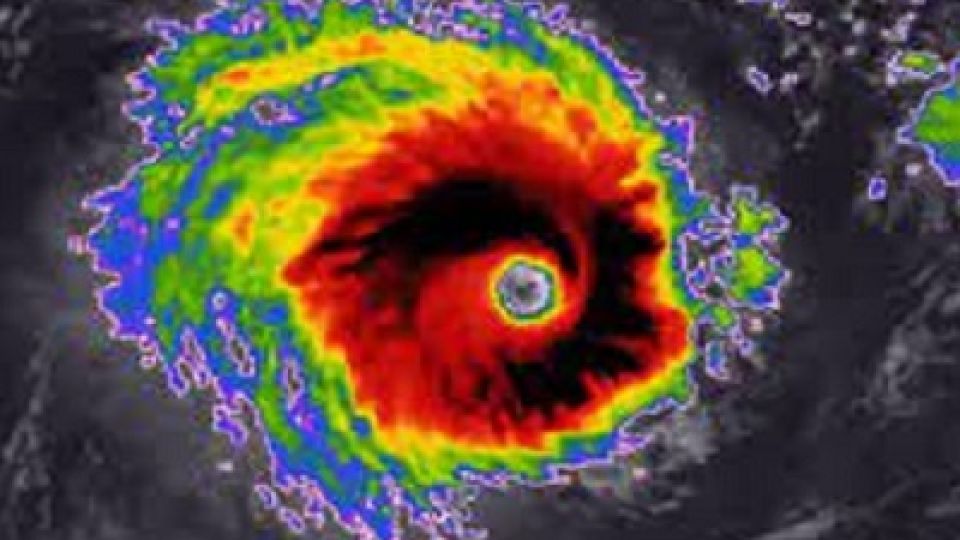from ARMANDO DOMINGOS in Maputo, Mozambique
Mozambique Bureau
MAPUTO, (CAJ News) – WITH the powerful Cyclone Freddy set to hit Mozambique a second time this year, there are fears of a repeat of Cyclone Idai, which killed more than 1 500 people in Southern Africa in 2019.
A majority of these, 905, died in Mozambique.
Freddy is forecast to make another landfall in Mozambique on Friday night as a Category 3 cyclone, with winds of around 160 kilometres per hour and gusts of up to 190 km/h, according to the National Institute of Meteorology.
More than 900 000 people, half of them children are are at risk.
“The return of Cyclone Freddy triggers fears that this will be a repeat of Cyclone Idai, which killed more than 1 000 people in southern Africa in 2019,” Brechtje van Lith, Save the Children’s Country Director in Mozambique, said.
In fact, 1 593 people were confirmed dead in Malawi, Mozambique and Zimbabwe. This makes it the deadliest tropical cyclone in the South-West Indian Ocean and second-deadliest tropical cyclone recorded in the Southern Hemisphere. Infrastructure estimated at US$3,3 billion makes Idai the costliest tropical cyclone in the South-West Indian Ocean.
Freddy is the first tropical cyclone in the Southern Hemisphere to intensify four times. It is on track to becoming the longest-lived tropical cyclone in history after traversing the entire Indian Ocean for a month.
Van Lith is worried about the impact of Freddy and accompanying rains, in particular on the communities that have not yet recovered from when Freddy first made landfall last month.
Schools were destroyed in Inhambane province and farming communities lost their crops as a result of flooding in Gaza province.
Some places across Sofala and Zambézia provinces have already had a month’s worth of rain in a few days, raising fears of flooding.
Save the Children fears that further floods and storms will worsen the ongoing cholera outbreak in Mozambique. The water borne disease has killed 43 people in recent months.
Floods and storms in the conflict-affected areas in the northern provinces could add further torment to the displaced people who are living in tents and makeshift accommodation that does not resist extreme weather conditions.
Cabo Delgado is the epicentre of the Islamist insurgency ongoing since 2017.
– CAJ News

